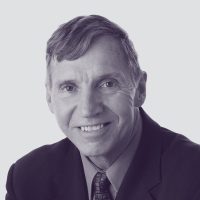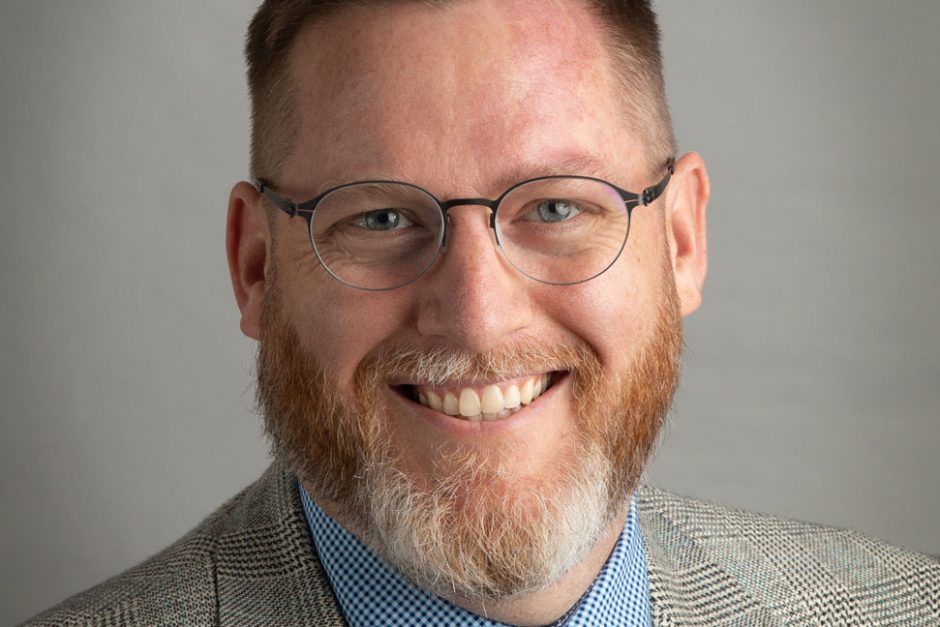One Wish: David Hilmers ’72
 David C. Hilmers ’72 is a professor of internal medicine and pediatrics at Baylor College of Medicine and serves as the chief medical officer for Hepatitis B Free. He served as an astronaut on four space shuttle missions and works for NASA as the clinical science technical lead for its Exploration Medical Capabilities division.
David C. Hilmers ’72 is a professor of internal medicine and pediatrics at Baylor College of Medicine and serves as the chief medical officer for Hepatitis B Free. He served as an astronaut on four space shuttle missions and works for NASA as the clinical science technical lead for its Exploration Medical Capabilities division.
There are few more valued gifts in life than good health. Yet, as a physician working both in the least developed and most advanced countries in the world, I have seen that access to even basic public health measures is a luxury available to a privileged few. This disparity creates a vicious cycle, where poor health hinders economic development, and limited resources perpetuate health challenges.
The difference in life expectancy between the richest nations in the world and the least developed is more than 18 years. Basic measures that are extremely cost-effective and could save countless lives—such as vaccines, essential medications, good nutrition, and clean water—are not widely available in many countries. Even in the United States, almost 8% of the population is uninsured and relies on emergency rooms for primary care. Rich American males live 15 years longer than their poorer counterparts, and infant and maternal mortality in the U.S. is the highest in the developed world. Instead of preventing health problems, our system focuses on developing expensive, high-tech treatments for preventable conditions after they have occurred.
While I am realistic enough to know that my wish for 2025 is unlikely to be realized within my lifetime, my dream is that this health gap between the world’s rich and poor will close. My hope is that basic health measures will be available to all citizens of the world, no matter their place of birth or income. This includes access to primary medical care, prevention, and reduction in rates of communicable diseases like hepatitis, tuberculosis, and malaria, and noncommunicable diseases such as diabetes, heart disease, and stroke. Tackling infectious diseases at their source prevents them from spreading to wealthier nations, promoting global health security. Achieving health equality is not just a moral imperative but a critical step toward global peace and economic progress. By investing in the health of all, no matter what their income, we create a more equitable, more prosperous, and more secure world for everyone.
Read all 11 Wishes for 2025 from Cornell visionaries.



